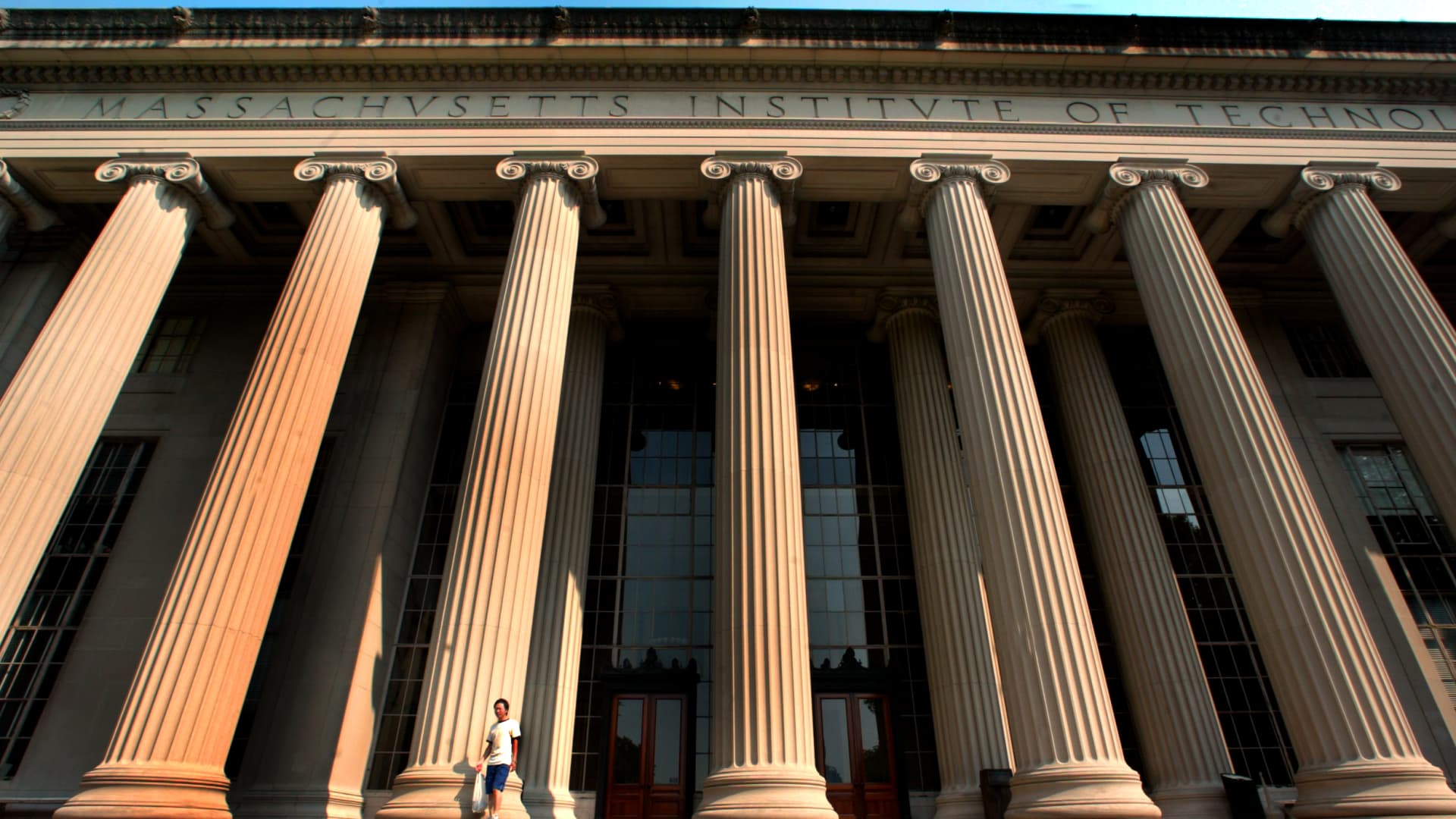With an acceptance rate of just under 4%, Massachusetts Institute of Technology is considered the ultimate dream school, according to a new survey of college-bound students and their families.
However, it’s not only one of the hardest schools to get into but also among the nation’s priciest institutions — tuition and fees, room and board and other student expenses came to more than $79,000 this year.
At the same time, most college-bound students and their parents now say affordability and dealing with the debt burden that often goes hand in hand with a college diploma is their top concern, even over getting into their first-choice school, according to The Princeton Review’s 2023 College Hopes & Worries survey.
Most of the colleges at the very top of students’ wish lists are “perennial favorites,” according to Robert Franek, The Princeton Review’s editor-in-chief. They are also among the most competitive: Stanford’s acceptance rate is also just below 4%; at Harvard, it’s about 3%.
Coming out of the pandemic, a small group of universities, including many in the Ivy League, have experienced a record-breaking increase in applications this season, according to a report by the Common Application.
The report found application volume jumped 30% since the 2019-20 school year, even as enrollment has slumped nationwide.
“There’s a subconscious consensus that it’s only worth going to college if you can go to a life-changing college,” said Hafeez Lakhani, founder and president of Lakhani Coaching in New York.
More from Personal Finance:
College is still worth it, research finds
The cheapest states for in-state college tuition
These 4 moves can help you save big on college costs
National College Decision Day is coming up
As acceptance letters trickle in, students have just a few weeks to figure out their next move ahead of National College Decision Day on May 1, the deadline for high school seniors to choose which college they will attend.
At that point, they must pay a nonrefundable deposit to secure their seat at the school of their choice.
But the biggest problem remains how they will pay for their degree. A whopping 98% of families said financial aid would be necessary to pay for college and 82% said it was “extremely” or “very” necessary, The Princeton Review found.
“Financial aid is more a necessity now than ever,” Franek said.
Considering the rising cost and ballooning student loan balances, college is becoming a path only for those who can afford it, other reports show.
And costs are still rising. Tuition and fees plus room and board for a four-year private college averaged $53,430 in the 2022-2023 school year; at four-year, in-state public colleges, it was $23,250, according to the College Board.
Now, the majority of applicants hail from the wealthiest ZIP codes, the Common Application found.
Don’t base your decision on sticker price alone
Still, “never cross an expensive school off of your list of consideration based on sticker price alone,” Franek said. Consider the amount of aid available, since private schools typically have more money to spend.
“Many of those schools are giving out substantial scholarships — this is free money.”
For example, MIT offers generous aid packages for those who qualify. Last year, the average annual price paid by a student who received financial aid was less than $20,000, according to the school.
